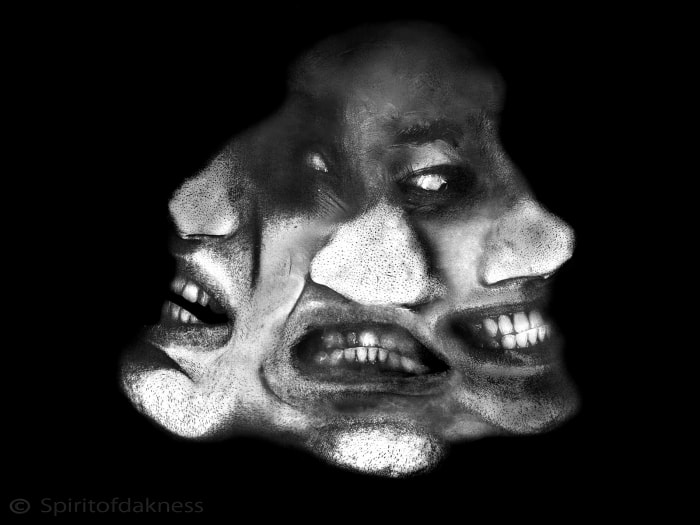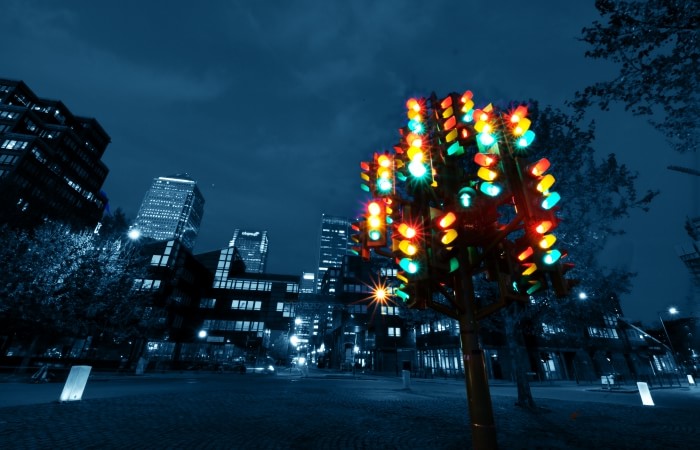
Pride can be a good thing when it’s about self-respect or being satisfied with a job well done, but we all know that pride has a dark side. We’ve seen it in ourselves and in others. The Bible tells us that the first sin ever committed was the sin of pride. An archangel named Lucifer became so full of himself that he wanted to be like God. He recruited followers and a third of of God’s angels swore their allegiance to him. Not content to lead a large rebel force of angels, the chief demon turned his attention to the first man and woman. He came alongside Eve and whispered, God knows that your eyes will be opened when you eat the fruit of the tree. You will become just like God–knowing everything, both good and evil.
The Devil effectively appealed to Eve’s pride, and he’s been effectively appealing to humankind’s pride ever since. It’s not hard to recognize in ourselves. The sin of pride has three basic characteristics:
- The most visible is vanity, a preoccupation with our appearance. We may not worship the mirror, but we devote a lot of attention to it.
- Beneath vanity lies a second characteristic of prideful people: stubbornness. Stubbornness causes us to shun correction. When someone points out an error, we evade or deny or blame someone else. This kind of defensiveness is particularly hard for God to penetrate.
- But there is a third dimension of pride that is even more dangerous. It can be summed up in the word exclusion. Pride is a choice to exclude God and people from their rightful place in our hearts.
Jesus said that the essence of a Christian lifestyle is to love God and to love others, but pride destroys our capacity to love. Ask yourself:



